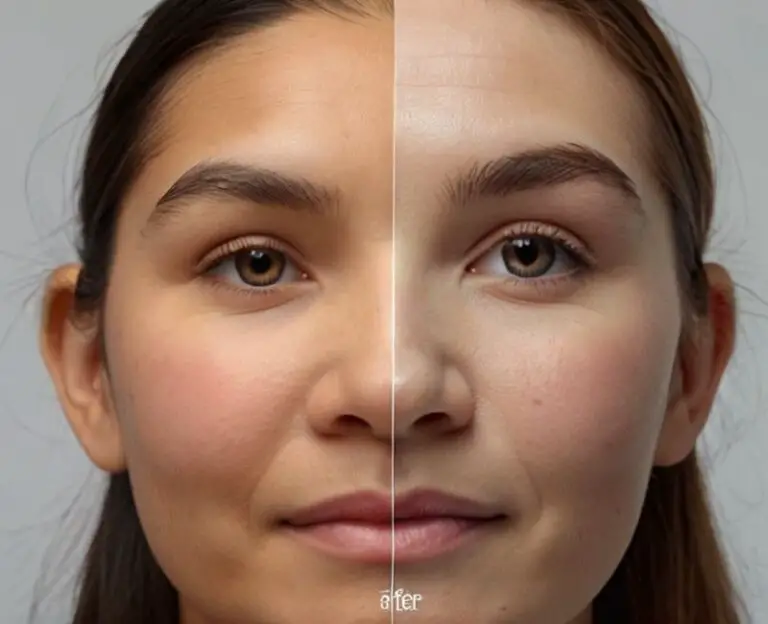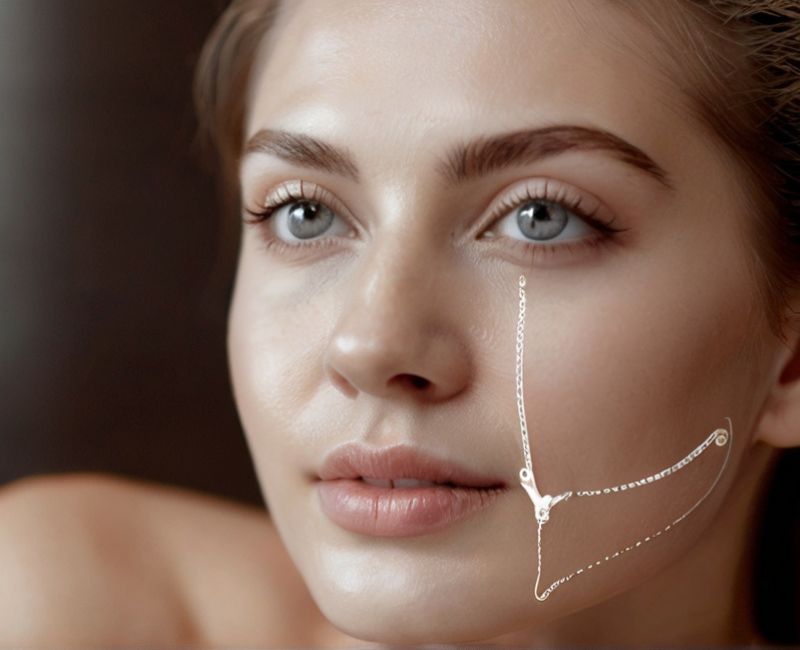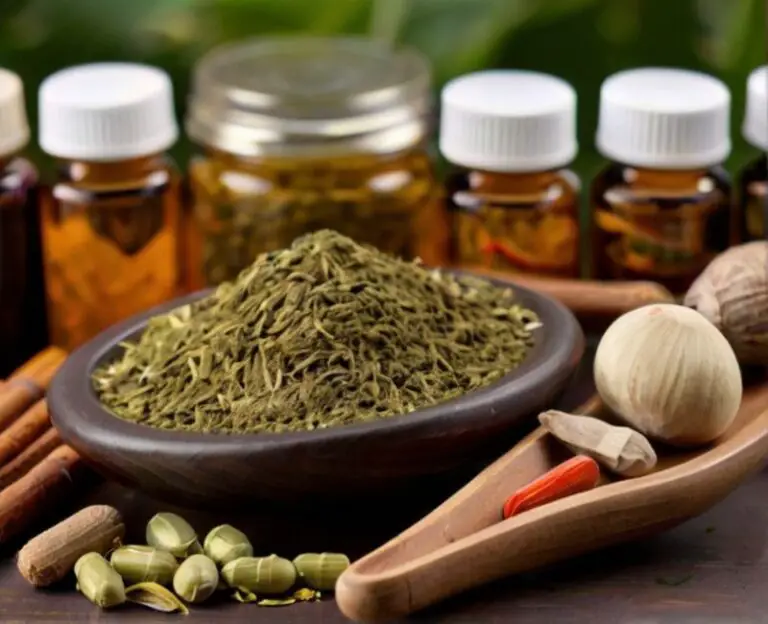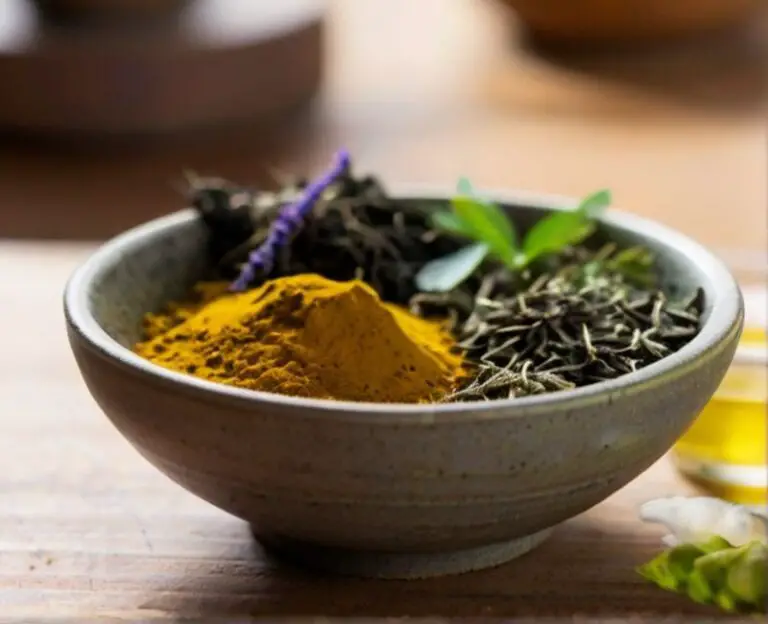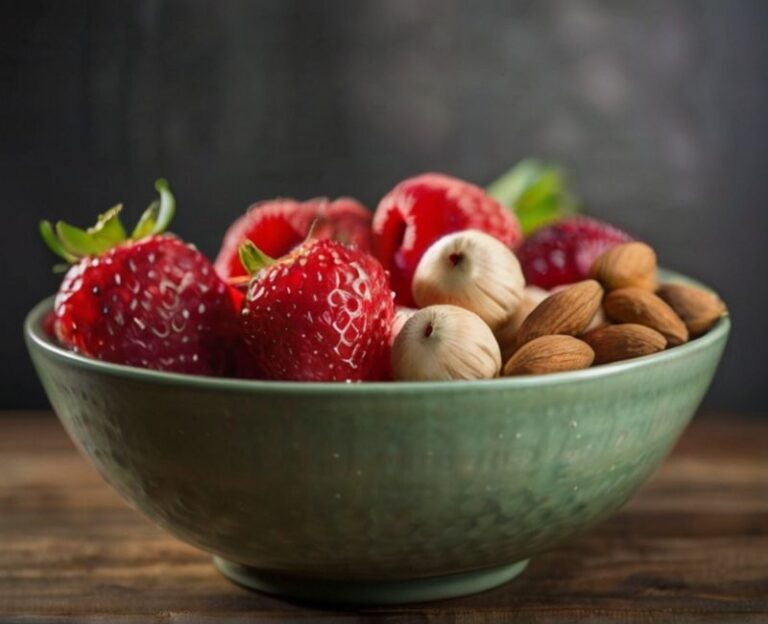Does Coffee Age Your Face
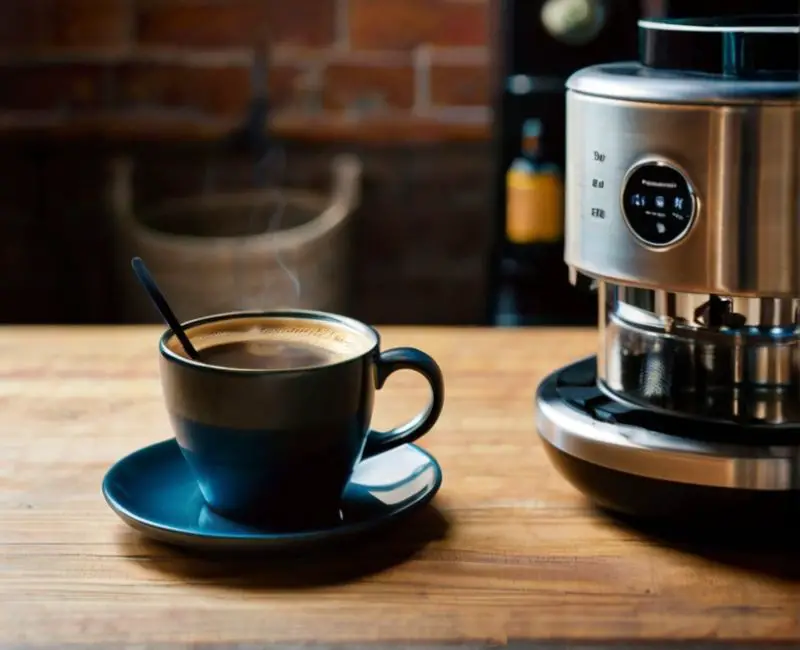
Coffee, a beloved morning ritual for many, has long been a topic of intrigue and speculation.
Does coffee age your face?
It’s a query that sparks curiosity and concern, particularly among those who rely on their daily caffeine fix to fuel their mornings.
Scientific landscape of coffee consumption and its potential impact on skin aging is significant.
It’s time to disclose the truth. Join us as we walk through the complexities of coffee’s relationship with our skin, separating fact from fiction and shedding light on whether your morning cup of Joe is a friend or foe to your skin’s youthful glow.
So, find below the fascinating interplay between coffee and the aging process, offering insights that may revolutionize your morning routine.
Whats is Skin Aging?
Skin aging is an unavoidable through changes in skin appearance, texture, and function as we grow older. This aging process is broadly categorized into intrinsic and extrinsic factors.
1. Intrinsic Aging
With time, our skin naturally loses elasticity and firmness due to decreased collagen and elastin production. Also, slower cell turnover leads to a less vibrant complexion and reduced ability to repair damage.
2. Extrinsic Aging
External factors such as sunlight (UV radiation), pollution, smoking, and lifestyle choices contribute to extrinsic aging. UV radiation, in particular, accelerates this process by causing oxidative stress, DNA damage, and degradation of collagen and elastin fibers.
3. Key Contributors to Skin Aging
- Reduced production and increased breakdown of these structural proteins result in skin sagging and wrinkling.
- Environmental factors generate free radicals that harm skin cells, hastening aging.
- Aging compromises the skin’s moisture retention, leading to dryness and loss of fullness.
- Sugars binding to proteins like collagen form advanced glycation end products (AGEs), contributing to elasticity loss and wrinkle formation.
- Persistent inflammation from UV exposure and pollution accelerates collagen breakdown, fostering wrinkle development.
- Changes in hormone levels, notably during menopause, affect skin integrity, resulting in dryness, thinning, and heightened sensitivity.
Protecting the skin from environmental damage, stimulating collagen production, and maintaining overall skin health through skincare and lifestyle choices can help mitigate visible signs of aging, promoting a more youthful appearance.
Coffee and Skin Health:
Coffee, a beloved beverage for many, has garnered attention not only for its energizing properties but also for its potential impact on skin health. Find into this relationship below:
1. Antioxidant
Coffee is rich in antioxidants, such as chlorogenic acid and melanoidins, which play a crucial role in combating oxidative stress. These antioxidants help neutralize free radicals, reducing the risk of cellular damage and premature aging.
2. UV Protection
Studies suggest that caffeine, a key component of coffee, may offer protective effects against UV radiation. When applied topically, caffeine has been shown to inhibit the formation of skin tumors induced by UV exposure.
3. Skin Rejuvenation
The stimulating properties of caffeine extend beyond waking up the mind; they can also revitalize the skin. Topical application of caffeine has been found to improve blood circulation, reduce puffiness, and diminish the appearance of dark circles and cellulite.
4. Collagen Production
Some research suggests that coffee consumption may stimulate collagen synthesis, contributing to skin firmness and elasticity. While more studies are needed to fully elucidate this effect, preliminary findings indicate that moderate coffee intake could potentially support skin health from within.
Whether enjoyed as a morning pick-me-up or integrated into skincare routines, coffee can be a valuable ally in promoting radiant, youthful skin.
Does coffee age your face:
Understanding the Impact of Coffee on Skin Aging:
Pros:
Antioxidant Benefits
Coffee contains antioxidants that combat free radicals, potentially slowing down skin aging by reducing oxidative stress.
UV Protection
Research suggests that caffeine in coffee might offer protective effects against UV radiation, lowering the risk of sun damage and premature aging.
Skin Rejuvenation
Topical application of caffeine, present in coffee, can enhance blood circulation, decrease puffiness, and minimize dark circles, contributing to a revitalized appearance.
Collagen Stimulation
Studies indicate that moderate coffee consumption may boost collagen synthesis, promoting skin firmness and elasticity.
Cons:
Dehydration Risk
Coffee’s diuretic properties can increase urine output, potentially leading to dehydration, which can result in dry, dull skin prone to accelerated aging.
Acidity Concerns
The acidic nature of coffee may disrupt the skin’s pH balance, causing irritation, inflammation, and exacerbation of conditions like acne or rosacea.
Staining Issues
Spilled coffee or excess consumption can stain teeth and skin, diminishing a youthful appearance.
Additive Impact
Adding sugar, cream, or flavorings to coffee can contribute to inflammation and glycation, processes that hasten skin aging.
Potential Skin Damage from Coffee:
Barrier Disruption
Coffee’s acidity may disturb the skin’s natural pH, compromising its protective barrier and increasing susceptibility to environmental damage and irritation.
Dehydration
Coffee’s diuretic effect can lead to increased water loss, resulting in dehydrated skin, characterized by dryness, dullness, and reduced elasticity.
Oxidative Stress
While coffee contains antioxidants, excessive intake can upset the balance between free radicals and antioxidants, causing oxidative stress, which damages skin cells and accelerates aging.
Skincare Interference
Residues from topical coffee applications may interfere with the effectiveness of skincare products or exacerbate existing skin conditions, such as acne or sensitivity.
Moderation, awareness of individual skin sensitivities, and mindful consumption can help optimize the relationship between coffee and skin health.
Potential Risks and Considerations
Brewing coffee with anti-aging benefits in mind involves not only understanding its potential advantages but also recognizing the risks and considerations associated with different brewing methods.
Coffee Brewing Methods-
1. Standard Brewing
Traditional methods like drip brewing or French press extraction involve steeping coffee grounds in hot water. While these methods offer simplicity and convenience, they may not fully extract coffee’s beneficial compounds, potentially limiting its anti-aging effects.
2. Cold Brew
Cold brewing produces a smoother, less acidic beverage and may help preserve more of coffee’s antioxidants, making it a promising option for anti-aging purposes.
3. Espresso
Espresso brewing involves forcing hot water through finely ground coffee under pressure. While espresso is more concentrated and flavorful, its high temperature and short extraction time may result in greater acidity and potential loss of antioxidants compared to other methods.
Potential Risks and Considerations:
- Acidity: Brewing methods that involve high temperatures, such as standard brewing or espresso, may result in a more acidic coffee. Excessive acidity can disrupt the skin’s pH balance, leading to irritation and inflammation, which can exacerbate skin aging.
- Additives: Be cautious of adding sugar, cream, or flavorings to your coffee, as these additives can contribute to inflammation and glycation, processes that accelerate skin aging.
- Caffeine Content: While moderate caffeine consumption may have benefits for skin health, excessive intake can lead to dehydration, which can compromise skin hydration and contribute to premature aging.
- Quality of Coffee Beans: Opt for high-quality, organic coffee beans whenever possible, as they are less likely to contain contaminants or pesticides that could potentially harm skin health.
- Brewing Duration: Pay attention to brewing duration, especially for cold brew methods. Over-steeping coffee grounds can lead to over-extraction, resulting in a bitter taste and potentially higher levels of acidity.
- Personal Sensitivities: Individual responses to coffee can vary based on factors such as genetics, existing skin conditions, and overall health. Pay attention to how your skin reacts to different brewing methods and adjust accordingly.
Enjoying Experimenting with different brewing techniques, choosing high-quality coffee beans, and being mindful of additives and brewing parameters can help maximize the anti-aging potential of your daily cup of coffee.
FAQ
Q. Does drinking coffee age your face?
While excessive consumption of coffee can potentially contribute to dehydration, which may accentuate fine lines and dullness, moderate intake is unlikely to directly age your face. In fact, coffee contains antioxidants that can help combat free radicals and reduce oxidative stress, which is a key factor in skin aging.
Q. Coffee cause wrinkles?
Coffee itself doesn’t directly cause wrinkles. However, factors such as dehydration from excessive caffeine consumption or adding sugar and cream to your coffee can contribute to skin aging and the formation of wrinkles over time.
Q. Can drinking coffee worsen acne?
While coffee itself is not a direct cause of acne, certain factors associated with coffee consumption may contribute to acne flare-ups. It’s essential to consider moderation if you notice a correlation between coffee consumption and acne.
Q. Does coffee stain your teeth?
Yes, coffee can stain teeth due to its dark color and acidic nature. Over time, regular consumption of coffee can lead to yellowing or discoloration of tooth enamel.
Q. Is it better to drink coffee or apply it topically for skin benefits?
Both drinking coffee and applying it topically can offer potential benefits for the skin. Drinking coffee provides antioxidants internally, which can help combat free radicals and reduce oxidative stress, benefiting overall skin health.
Last call:
- Does coffee age your face? it becomes clear that the relationship between coffee consumption and skin aging is nuanced.
- From its antioxidant prowess to its capacity to boost collagen production and enhance circulation, coffee emerges as a potential ally in maintaining a youthful complexion, provided it’s enjoyed in moderation and balanced with a healthy lifestyle.
- Your curiosity and engagement fuel our quest to explore intriguing subjects. We urge you to stay tuned for more insightful content on skincare, wellness, and beyond.
- Thank you and stay connected on Pinterest, stay informed, and keep exploring alongside us.

